Constellation Research Presents the 2022 Enterprise Awards
With all the chaos and innovation that came out of 2022, we saw some incredible advances in enterprise software and growth in the leaders that continue to drive these innovations. It’s been quite a year charged with talks of a recession, a down market, the metaverse, Web 3.0, and, of course, crazy news stories like Elon Musk’s takeover of Twitter and the downfall of FTX. And with that here’s our enterprise tech version of “Spotify’s Wrapped†for 2022…
The technology vendors named into this year's Enterprise Awards have shown how they can partner with clients to be successful, show resiliency despite the harshest selling environments, and innovate despite the constraints placed on their businesses. It's with pleasure to announce the 2022 Constellation Enterprise Award winners.
BEST ENTERPRISE SOFTWARE VENDOR
This category recognizes the enterprise software vendor who improved their customer relevance, market share, customer satisfaction, and brand standing.
WINNER: Oracle
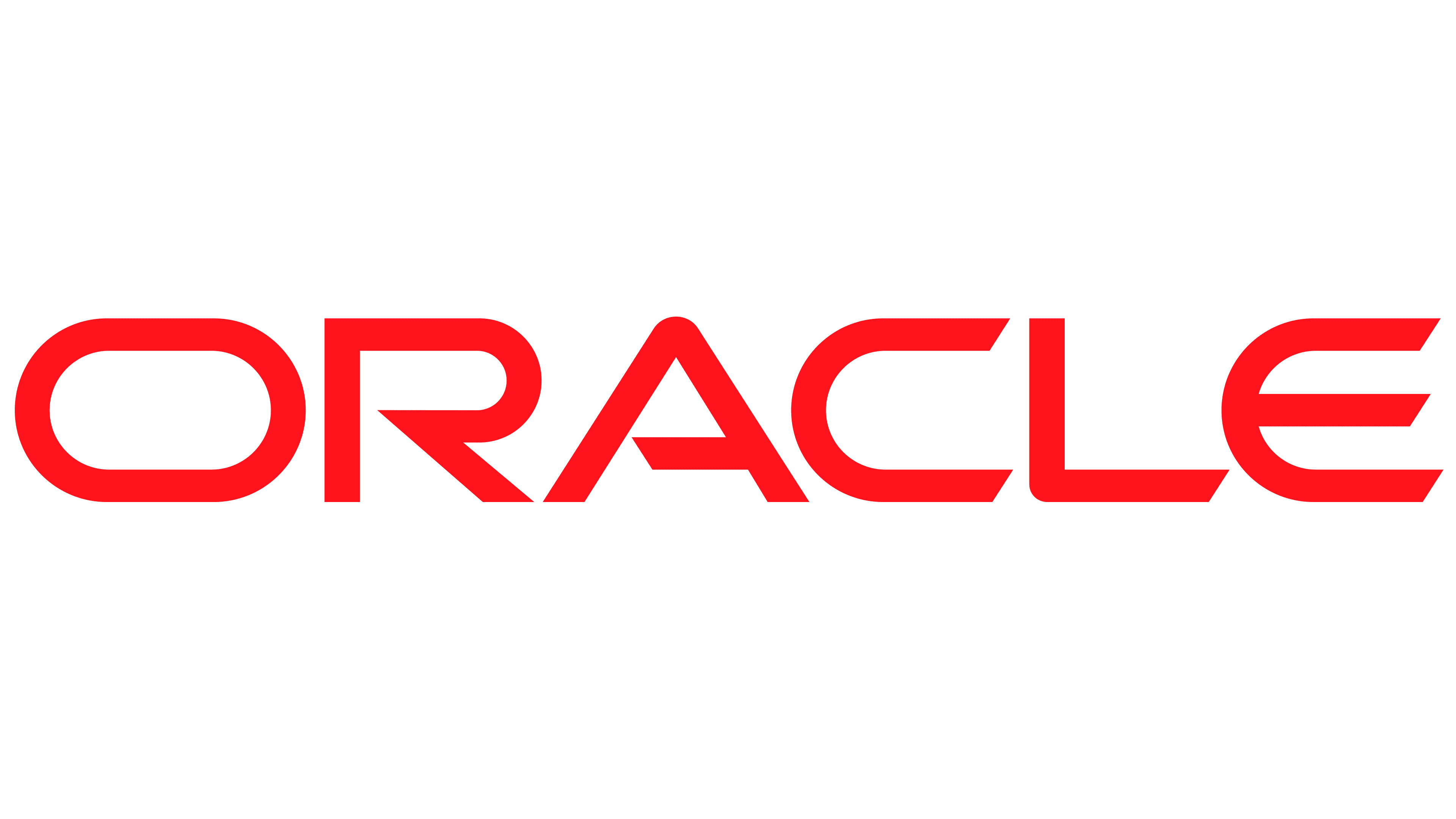
If anyone thought enterprise software is not a marathon, check out Oracle. Long gone are the times where competitors made fun jokes about Fusion, more recently Oracle was supposedly missing out on cloud - and Oracle proved them all wrong: Today, Oracle has the best ERP suite in the market, one of the best HR Suites, a competitive supply chain offering. It has kept its database the leading database in the cloud era, its cloud offering just won its slice on the US Department of Defense JWCC contract. Oracle is even a two database vendor, with Oracle mySQL HeatWave being the fastest innovator in the cloud database space, and it now runs on AWS as well. Lastly the acquisition of Cerner gives Oracle a claim to the largest slice of the US economy, healthcare. Things are better than ever for Oracle customers, who have little reason to look elsewhere.
RUNNERS UP: Google Cloud

Why were they recognized?
Over the last year, Google Cloud has filled out its portfolio, better differentiated its services and created more value for partners and enterprises, and it has led the way in developing cloud-based solutions for vertical industries. As a result, Google Cloud has been gaining market share in 2022, stepping up as a true public cloud alternative for enterprises as well as cloud-native companies.
RUNNERS UP: ServiceNow

Why were they recognized?
Long known as a leading ITSM solutions company, ServiceNow has been in the midst of a large scale transition towards a more horizontal play to accelerate growth and create broader appeal for its products. Under Bill McDermott, the company has not only moved faster towards these goals but turned in a series of stellar financial results over the last year as the company moves more deeply into areas like observability, portfolio management, and ESG, while also fueling a talent market for its products using its large scale new RiseUp program.
RUNNERS UP: Adobe
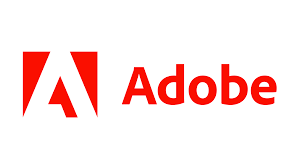
Why were they recognized?
Adobe continues its transformation into a digital first offering for a digital first customer, offering significant cloud-native offerings across its Digital Media and Digital Experience lines of business. This on-going evolution has been rewarded with strong revenue results to date across 2022 with Q3 enjoying 13% growth year over year. But what landed Adobe as a runner up in this year’s Enterprise Awards is for the moves made in 2022 that strengthen their roadmap moving forward, specifically the announced intent to acquire Figma and continued integration of 2021’s acquisition, Workfront.
BEST CEO
This category recognizes the best enterprise CEO. Enough said.
WINNER: Thomas Kurian, Google Cloud

Why did they win?
Before Kurian arrived at Google Cloud, the organization was foundering and failing to connect with the enterprise market. Kurian quickly righted the ship and, in 2022, Google Cloud clearly emerged as a legitimate enterprise alternative. Part of the change has been streamlining and stitching together the portfolio of services and part of it has been the emphasis on openness and partnerships with a who’s who list of prominent third-party vendors. The next step will be executing and delivering on vertical offerings and enterprise deployments at scale. Given Kurian’s reputation for discipline, Constellation expects to follow-through on his clearer vision.
RUNNERS UP: Shantanu Narayen, Adobe
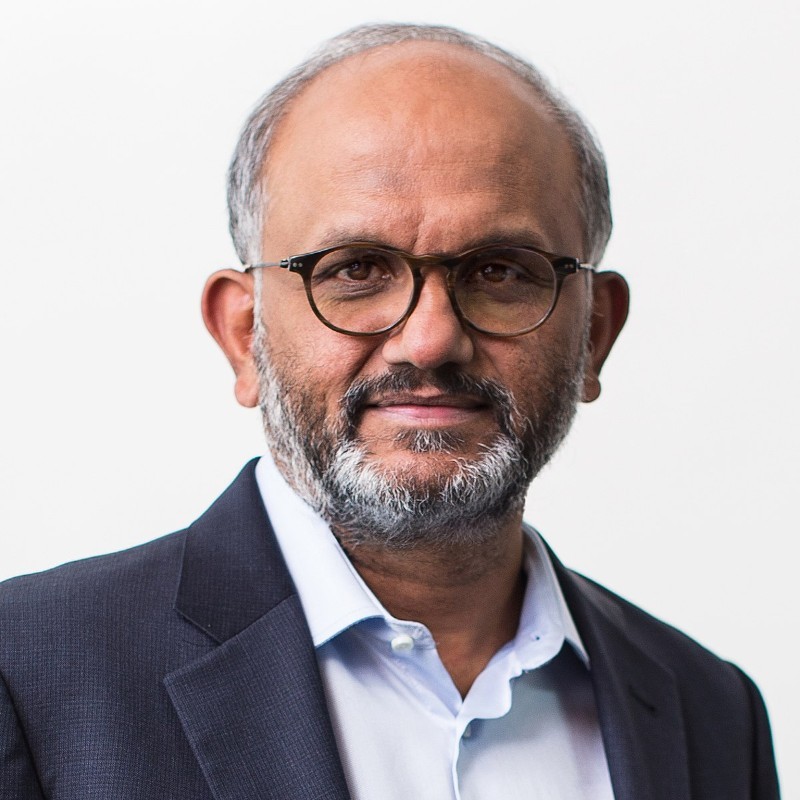
Why were they recognized?
It is hard enough for a CEO to guide a large enterprise through a massive, systemic and foundational business model shift. It is almost unheard of to see a CEO do it twice. But that is the journey Shantanu Narayen is currently on. In 2011, Adobe shifted to a subscription model, ushering in a new SaaS age for Creative Cloud. Now, 10 years later, Narayen is guiding the next wave of transformation as the Digital Media and Digital Experience clouds more fully and formally integrated and connected to prepare Adobe customers for the shared, immersive digital worlds of the metaverse and beyond.
RUNNERS UP: Bill McDermott, ServiceNow

Why were they recognized?
In the world of enterprise software it’s all to common for CEOs to make brash claims about the power of their products or how well their companies are faring. However, Bill McDermott tends to land squarely the side of actual results. While ServiceNow’s stock may have fallen 29% this year during a tough year for tech stocks, sales have continue to outstrip expectations. Revenue has risen 27% to $1.7 billion. The company updated its long-term sales guidance over the summer that it would hit $11 billion by 2024, a billion higher than previously forecast, making the firm a notable bright spot in the increasingly dire forecasts of other enterprise vendors. Amid the company’s self-proclaimed transition to become enterprise IT company of 21st century, McDermott has avoided new hiring freezes while maintaining a fierce pace of progress, with as many as seven major releases a year. His vision has been validated by consistent execution in yet another major stint as CEO, and it’s proof that McDermott can repeatably deliver at a very high level.
BEST ENTERPRISE SERVICES VENDOR
This category recognizes the enterprise services vendor that transforms delivery models and crafts new client–centric market approaches.
WINNER: Infosys
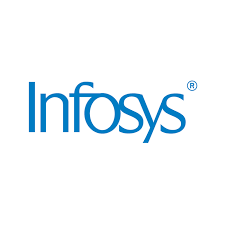
Why did they win?
Infosys has by all accounts had a tremendous year, in fact a few of them in a row. The pandemic was hard on many services companies, but Infosys quickly managed to turn things around by focusing on the well-being of its employees. Infosys has also bet heavily on the rise of the cloud, and it’s paid off both in terms of revenue as well as valuable IP that sets it apart from competitors with over 300 industry solutions and 35,000 cloud IP assets. As part of investing in employees, it’s custom-built an exemplary employee learning and upskilling platform, known as Springboard, that has allowed it rapidly onboard and make effective new hires, which are the lifeblood of services companies. The result is not big short of remarkable, with a doubling of headcount over 4 years to over 320,000 workers today. Growth has come well as cloud, artificial intelligence, and now ESG forms a rapidly increasing share of revenue. Despite its considerable size, Infosys grew a whopping 18% just in the last quarter as it also increased large deal contracts by 4.3 times, closing multi-billion dollar deals along the way.
RUNNERS UP: Wipro
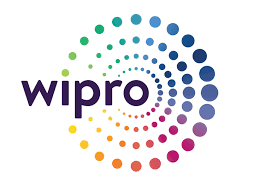
Why were they recognized?
Wipro has seen a transformation of late. CEO Thierry Delaporte joined July 2020 and has added key leaders including Chief Growth Officer - Stephanie Trautman and SVP of Global Head of Ecosystems and Partnerships - Jason Eichenholz in 2021. In July 2021, Wipro’s FullStride offering was launched with a $1 billion commitment to the cloud over 3 years for cloud technologies, capabilities, acquisitions, and partnerships. Under Thierry’s leadership, Wipro has not been shy about both organic and inorganic growth. Wipro acquired Rizing, an SAP consulting firm; CAS, a specialty services firm for comms; and CAPCO a transformation services firm serving the BFSI market. In general, Wipro has seen good success with the shift to digital and a more global focus. Wipro has grown revenue 23.1% from 2021 to 10.425B in 2022.
BEST ENTERPRISE SOFTWARE STARTUP
This category recognizes when an enterprise software startup achieves escape velocity in mind share and relevance.
WINNER: dbt Labs
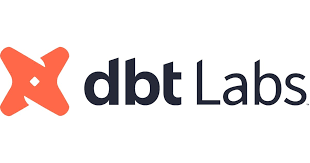
Why did they win?
dbt Labs has established itself as a leading standard for cloud-centric data transformation, collaboration and data warehouse pipeline development. Launched in 2016, the company has surpassed 3,000 customers and its community reaches more than 50,000 data and analytics engineers. As a result, the company has been embraced by a who’s who list of data warehouse and analytics vendors because it’s rapidly gaining adoption by organizations seeking to efficiently harness trusted data. In 2022 the company raised a $222 million D round with participation from both Databricks and Snowflake. dbt’s emergence is one thing that even fierce rivals like Databricks and Snowflake can agree upon.
RUNNERS UP: Celonis
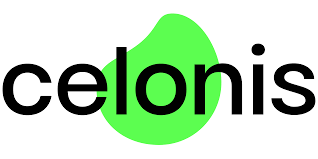
Why were they recognized?
Celonis has pioneered the field of process mining and transformed its offerings to address the Execution Capacity Gap. These new offerings known as the execution management system shine a light on hidden inefficiencies and provides recommendations to take action. In August, amidst a tough funding environment, Celonis raised $1 billion in funding at a $13 billion valuation. The $400 million Series D extension has enabled CEO Alex Rinke to expand their North American presence as well as invest in new capabilities. At their Celosphere event in Munich, customers were flocking to Celonis to drive down operational costs and also build process digital twins.
RUNNERS UP: Mobeus

Why were they recognized?
A combination of both high concept and practical day-to-day meeting tech, Mobeus represents the best in “big idea†tech that seeks to realize wide-ranging, high impact innovation for the future of work. Currently led by ex-Fortune 500 CIO Richie Etwaru and former CEO of Accenture Digital, Mike Sutcliff, Mobeus’s first product, Airglass, is an astonishing virtual fabric that blends people, applications, and drawings. Airglass does this in a uniquely seamless way that makes it all interactive on a fused digital canvas upon which it enables gesture-based human communication and collaboration. Its early days belies the company’s raw promise to revolutionize digital engagement.
BEST PARTNERSHIP
This category recognizes the enterprise partnership that delivered the most impact for customers and the market.
WINNER: Everybody with Amazon Web Services (Accenture, Atos, IBM, Salesforce, etc.)
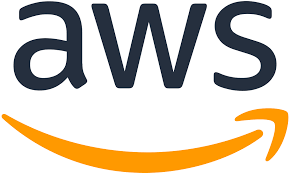
Why did they win?
AWS emerged as everybody’s favorite partner in 2022, and it’s the partners who are banging down the door of the world’s largest public cloud. Accenture, Atos, IBM and Salesforce lead the list of prominent vendors who partnered with AWS in big new ways in 2022. The partnerships are never exclusive, but it’s very clear that the biggest bets are being placed on AWS. Considering partnership scale, AWS Marketplace is celebrating its 10th anniversary this year, and it now boasts more than 3,000 ISV partners delivering 13,000-plus solutions to more than 330,000 customers. It’s further proof of the power and appeal of AWS partnership.
RUNNERS UP: Asana/Vimeo


Why were they recognized?
In an innovative partnership with Vimeo which won kudos from Fast Company and made a number of best partnership lists, Asana’s new Video Messaging capability gives teams the power of asynchronous video to bring the engagement of visual human communication right within the Asana platform. With Video Messaging features provided by Vimeo, customers are able to quickly record short videos of themselves, their screen or both directly in Asana, giving teams immediate and ready access to shared, high density experiences that better drive engagement and collaboration, such as onboarding remote hires to quickly bringing together cross-functional teams around a new project.
BEST TECH ACQUISITION
This category recognizes the enterprise tech acquisition that has the most impact for customers, market landscape, and the overall industry direction.
WINNER: Adobe + Figma
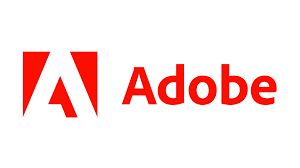
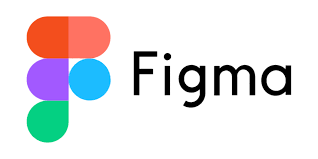
Why did they win?
This announcement of Adobe's intent to acquire Figma achieves multiple wins for Adobe, first and potentially most significant for Adobe’s bottom line as it could open up a significant opportunity in the product development and product design market. Second it has the potential to add new firepower to Adobe’s collaboration stable that now includes Workfront and Frame.io…the collaboration needed and the collaboration styles across marketing and content is massive, so the more players in the pool the better. As Adobe reshapes what media will look like, they needed to expand their view of how that media as a product could be created and shipped to experience engines including their own Digital Experience Cloud tools. Figma will help realize that goal and will add new capabilities for Adobe in their quest to help answer the question of “metaverse readiness†for organizations ready to make the leap to a more immersive shared economy. This deal is expected to close in 2023, but still gets tapped for best (announced) acquisition in 2022.
RUNNERS UP: Google Mandiant Acquisition


Why were they recognized?
Mandiant has a solid threat intelligence platform. On top of it, they also have security experts – about 600 security breach consultants and 300 security intelligence analysts. Particularly because the cyber security professionals are in very short supply, this gives Google access to close to 1000 cyber security professionals. One of the reasons why Google cloud was not expanding fast compared to AWS and Microsoft was that there was a notion that their security was not enterprise-grade. That is why Google spent $5.4 B to acquire Mandiant. Mandiant also has decent cyber security automation and remediation tools that can be automated so the security can scale at the speed of the cloud. In addition, Google has hinted that they are exploring the possibility of security as service offerings which has a huge market potential for cloud native applications.
RUNNERS UP: Intel Tower Semiconductor Acquisition
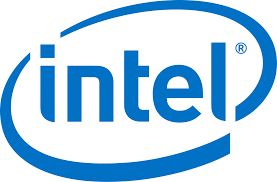

Why were they recognized?
Intel, the largest chip company, has acquired Tower Semiconductor for $5.4 B. Tower an Israeli chip maker, that focus on specialty chips such as RF chips and CMOS image sensors. Intel’s foundry service division is fledgling and only about a year old to help other chip companies to outsource their chip-making process. In addition to this, Intel also invested in two large manufacturing facilities – in Arizona and in Ohio with a $20 billion investment each – to bolster this operation. This is the brainchild of the new CEO Pat Gelsinger to establish Intel in a strong partnership with Qualcomm and AWS for their chip needs. The Tower semiconductor acquisition will allow Intel to expand its offerings into new and more specialized products.
WORST TECH ACQUISITION
This category recognizes the enterprise tech acquisition that had the least impact for customers, market landscape, and the overall industry direction.
WINNER: Broadcom VMware
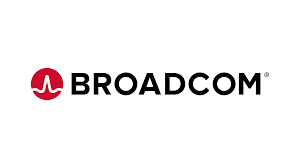
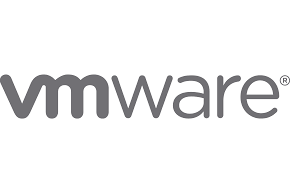
Why did they win?
Broadcom is known to buy software companies, increase prices, decrease the quality of support, and kill innovation by those companies – examples being CA, and Symantec. A merger with one of the hyperscalers or even hybrid players such as IBM/Redhat would have been a great acquisition for VMWare. Broadcom already stated they are looking to improve the VMWare profit from $4.7 B to $8.5 B in just three years. It is going to come at a cost of their customers. The cloud adoption has slowed down VMWare business considerably, combined with constantly shifting priorities of their motherships ie EMC, Dell, and now Broadcom. Hard to imagine a chip company would have a good strategic direction for a slowing down virtualization software company.
RUNNERS UP: Twitter
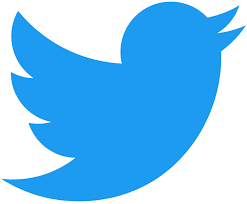
Why were they recognized?
Only time will really tell the wisdom of Elon Musk’s take over of Twitter, but the early days have not been smooth. Setting any political or end consumer point of view on the acquisition aside, for brands advertising on Twitter the acquisition has been a disaster. From the moment Musk announced his intentions to acquire the social media and advertising platform, ad spending plummeted for a company where upwards of 80% of revenue came from advertising. Upfront commitments have been nothing short of abysmal and the ongoing chaos and controversy around Musk’s management style have given an estimated 50% of past advertisers cause to hit the pause button. As development focus shifts towards passion projects and missions, key moderation, ad serving and account management tools have faulted costing advertisers money and putting brand trust at risk.
RUNNERS UP: HP Polycom
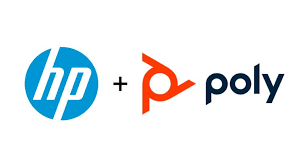
Why were they recognized?
Involves two companies that people never heard of. HP acquired Poly for $3.3 B. While the usage of Poly products such as cameras, webcams, headsets, etc. accelerated during the pandemic the market has considerably decelerated. Especially given HP’s large M&A colossal failures such as Autonomy for $11.7 B, this doesn’t bode well. Particularly with Microsoft Teams, Zoom, and Cisco becoming so popular, the market for Polycom is starting to shrink. They lost 20% rev YoY in 2022.
BEST NEW IPO
This category recognizes the most successful IPO for the year
WINNER: Mobileye (NASDAQ - $MBLY)

Why did they win?
Amidst the worst IPO market in 20 years, The IPO market barely raised $6 billion. Among one of the winners is the autonomous driving spinout from Intel. Mobileye’s crown jewel is the EyeQ computer vision process chip In 2014 ,they delivered 2.7 million chips. By 20921, they delivered 28 million chips, almost a 10 times volume. 2021 revenue was esitmated at $1.4 billion. MobileEye touches on a few key categories including tech, autonomous vehicles, and ESG. The latest Q3 results beat consensus estimates of $447.04 million with $450 million in revenues. Estimates assume a 54 million chip volume by 2030. The stock has performed quite well to date as Q4 revenue estimates are set between $527 million and $545 million. Overall FY2022 revenue is expected to be between $1.831 billion and $1.849 billion.
BEST NEW ENTERPRISE CATEGORY
This category recognizes the best new enterprise category that made an impact to the market.
WINNER: Generative AI
Why did they win?
Generative AI is the most promising artificial intelligence as of now. While it is still early days…and customers should tread carefully…generative AI demonstrates what is possible whenthe lab experiments move to real-life scenarios and use cases. Using a combination of GANs (Generative adversarial networks), autoencoders, transformers, and LLMs (large language models), AI moves to a level where it can be equal to humans in many aspects. Passing the Turing test would be the ultimate test for any AI system and we are close to it with generative AI.
LLM-based applications can create code on their own given the specific parameters. GPT-3 codex and Github’s Copilot are good examples. AI can create realistic images, art, and drawings from a textual description in a natural language format. Examples include Dall-E and Midjourney. AI can create original content modeled after a specific content creator. For example, it is possible to write stories by Shakespeare based on his previous work. AI can create original emails, articles, books, blog posts, etc.
AI can create deepfake videos that will look and feel like real user videos. Examples such as Tom Cruise video. AI can also create content that is individualized. For example, the same Bambi story can be told in many ways to kids in many different ways, in many different content formats.
RUNNERS UP: Product Content Syndication
Why were they recognized?
The world of e-commerce is rapidly becoming more systematized and ecosystem-oriented. The rise of product content syndication (PCS) that brings high degrees of automation, intelligence, and a vast connected partnership sensibility has changed the industry. PCS has made it even easier to rapidly build world-class e-commerce businesses connected to hundreds of product sources and digital stores across dozens of channels that are always up-to-date even during trying operational conditions. PCS is an integral but standalone element of a new, more sophisticated conception of modern digital commerce known as Products to Consumer (P2C) that seeks to maximize the total value of a given digital ecosystem, as can be seen in Figure 1 below. Please see the Constellation Research report Driving E-Commerce Growth With Product Content Syndication that explains the category in detail.
Figure 1: Product Content Syndication and P2C Work Together to Greatly Increase the Growth, Revenue and Profits of E-Commerce Businesses
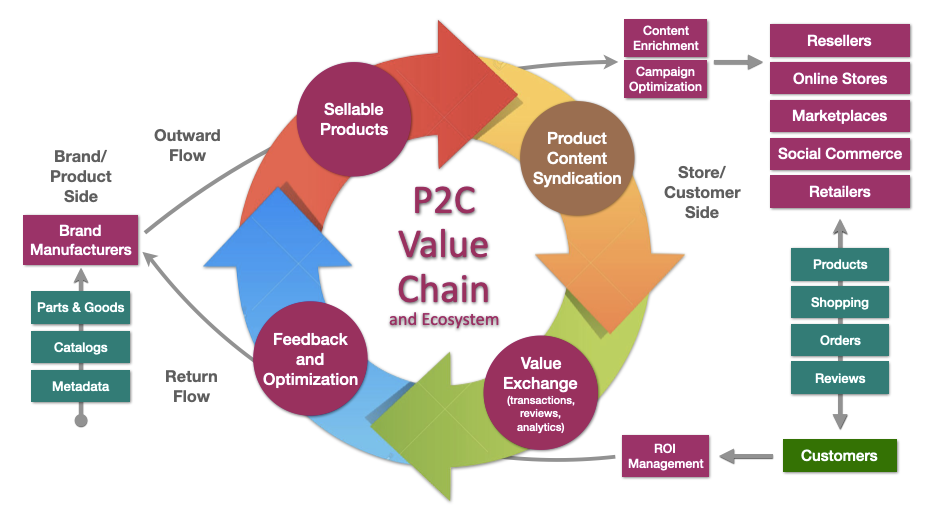
BEST NEW ENTERPRISE SOFTWARE MARKETING OF THE YEAR
This category showcases the best marketing campaign, ad, or perception transformation in the enterprise.
WINNER: UKG

Why did they win?
UKG’s marketing has arguably been on a journey since Ultimate Software and Kronos Inc rebranded as UKG in 2020. If that was the start, 2022 marked the brand hitting its stride across thought leadership, advertising and live events with the first ever UKG Aspire event that gathered 4,800+ customers in Las Vegas. With taglines like “Making Mondays Feel Like Fridays†and ads laced with magical tales of HCM ease, UKG marketing under the leadership of CMO Jody Kaminsky has been putting people first…while still delivering growth and demand.
RUNNERS UP: ZoHo

Why were they recognized?
Privacy-centric CRM isn’t just a billboard in Times Square, it is foundational to Zoho and their products including the growth in ZohoOne. This steady drumbeat of responsibility and safety as foundation to all business starting with Zoho’s own business is a common thread across a broad range of tools and technologies. At the center of this marketing strategy is Zoho’s belief that privacy and respect trump profits and revenues.
RUNNERS UP: Dell Intel Partnership
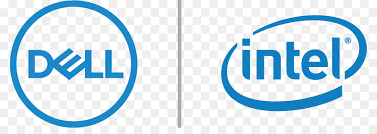
Why were they recognized?
You can’t turn around without a new marketing or ad campaign from these two. The Book Bank capturing voice processing is a terrific example of the blend of innovation and empathy the combined partnership is looking to enable with customers. Most recently the duo has launched eCycleLand, taking e-waste to the metaverse with a JUST launched campaign in Animal Crossing.
RUNNERS UP: Workday
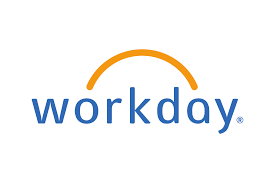
Why were they recognized?
How do you not recognize a year long campaign that brought us “The Peytonverseâ€. Across Workday’s marketing, their thread of how to work in an ever changing world has been well spun across digital channels, communications and advertising
RUNNERS UP: AWS’s Curiosity Kid
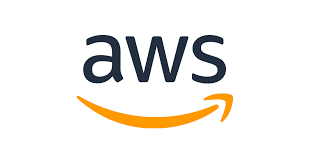
Why were they recognized?
With a passel of cute kids and bringing together some of the largest and most well-known brands on earth, Curiosity Kid was an ad campaign for Amazon Web Services (AWS) to make the tech brand more human and engaging. This international campaign — made in partnership with the agency World Famous — highlighted some of AWS’s most impressive customer success stories. Curiosity Kid revealed how AWS products directly affected people’s everyday lives with a series of popular, human interest videos. The result speak for themselves: 73% increased brand awareness and 77% increased brand interest.
BEST NEW ENTERPRISE SOFTWARE AD CAMPAIGN
This category showcases the best ad campaign in the enterprise.
WINNER: Salesforce: Team Earth
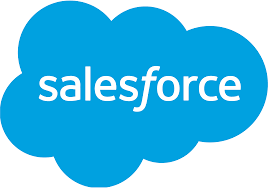
Why did they win?
Salesforce: #Team Earth – This overarching ad campaign includes the Super Bowl Ad The New Frontier , followed up most recently with The March. The theme was also included in the Dreamforce intro video: https://www.youtube.com/watch?v=hMHVtwcKM9g. It can feel hard to beat the Salesforce ad machine. With Matthew McConaughey onboard as their brand partner and creative advisor, content collaborator and co-creator..and front-row attendee at Dreamforce, matching the ad genius of Salesforce just got even harder. The ad campaign takes swipes at the billionaire space race while grounding partners, customers and employees in a shared cultural mission: making the earth a better place. But…McConaughey will have some competition in star power as Soccer Team Owner, Actor and Ad Agency Magnate Ryan Reynolds helped adTech’s MNTN nab a runners up spot.
RUNNERS UP: ServiceNow: The World Works

Why were they recognized?
https://youtu.be/xoQkS5n0Rmo https://youtu.be/xoQkS5n0Rmo
Past campaigns have gone for laughs…this year ServiceNow zeroed in on people and making work work better.
RUNNERS UP: HubSpot: Smooth Sailing for CRM
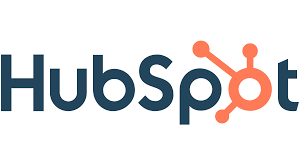
Why were they recognized?
https://youtu.be/MmImU5DkCUY
Marketing pirates ahoy! Not many people would say CRM is synonymous with smooth sailing, but that’s the exact vision HubSpot had with its top campaign in 2022.
RUNNERS UP: Monday.com Work without limits

Why were they recognized?
https://youtu.be/gl9PMfQwEIU
Any tool for work…any code you want. Monday.com is wooing viewers with free trials and extra arms that are haunting.
RUNNERS UP: UKG: Fairytale Workplace

Why were they recognized?
https://www.youtube.com/watch?v=ZHiElM0Ew5U
Fairy tales and magic as a daughter weaves a wonderful fairytale world of work. For UKG, the goal is to turn that dream world of work centered on people into a reality.
RUNNERS UP: MNTN

Why were they recognized?
https://youtu.be/3972azDUJeM and https://youtu.be/VbjyRX3sqM0 Killing off the most irritating mascot ever drawn to zombies touting a self-serve performance TV ad platform, MNTN is banking on humor and a bit of star power for some breakthrough campaigns.
BEST LIVE-EVENT
This category showcases the team that adapted and succeeded in their high-touch in-person event to a full on virtual event experience.
WINNER: AWS re:Invent 2022
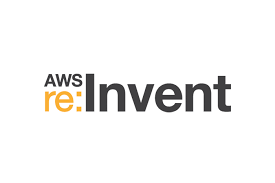
Why did they win?
n a year full of half-baked hybrid events, AWS went all in on a return to re:Invent as usual. Customers went all in as well, with 50,000-plus attendees flocking to Vegas, queuing up for SWAG, and standing in line at scale to take in the big keynotes. Partners were also there in force, and they were amply rewarded with show floor traffic and well-attended customer receptions and late-night parties. It was a refreshing return to the pre-pandemic days and business as usual despite all the cautious talk about Covid lingering and recession looming.
RUNNERS UP: Dreamforce
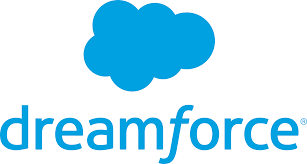
Why were they recognized?
Salesforce Forrest was back in full swing, with a smaller in-person attendee roster and a fully expanded virtual option making sure that no matter how you wanted to join the “family reunion†you had an experience that felt complete, robust and connected. Some elements felt familiar — from the traditional Hawaiian blessing to the golden hoodie reveals — while keeping the digitally forward Salesforce+ simulcast and exclusive digital commentary front and center for virtual attendees to enjoy.
RUNNERS UP: AdobeMax

Why were they recognized?
Always the creative celebration of the year, in-person festivities were back in full force from downtown Los Angeles…including the return of the fan-favorite boozy bash, Adobe Sneaks where top secret projects get to debut in front of a live audience and vie for audience love and up-votes to potentially leave the lab and make it into live products.
BIGGEST TECH FLOP OF THE YEAR
This category simultaneously recognizes the highest potential and largest failure in enterprise tech.
WINNER: Crypto Trading Desks
Why did they win?
Crypto trading desks were all the rage before the Crypto Ice Age in the Summer of 2022, With promoters such as Sam Bankman-Fried at FTX and Binance CEO, Chang Peng Zhao (CZ) leading the charge, many crypto traders decided to leave their money in these accounts instead of cold wallets. Unbeknownst to these traders, ponzi schemes galore and comingling of funds became the norm in unregulated markets by using investor funds to pay out profits, engage in risky investments, and outright theft. Expect regulators to use this opportunity to reign in the crypto markets as veterans move back to cold wallets.
RUNNERS UP: Amazon’s Devices: Echo & Glow

Why were they recognized?
Amazon’s popular Alexa Echo devices are used by tens of millions to play music, set reminders, and control other household devices. The Echo has been extensively marketed as a major division in its own right, and often has a prominent position on the Amazon home page. Now it’s come to light that the Echo division is losing billions a year — possibly tens of billions total — and never achieved its one oveririding objective: To help Amazon customers order more products. Echo may not join the recently canceled Glow video device for kids — which lasted barely a year — in the digital graveyard, but it is a shockingly large misstep, both financially and product-wise, for the e-commerce giant.
RUNNERS UP: Google Stadia
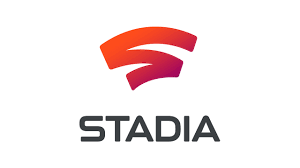
Why were they recognized?
The consumer gaming service that Google launched a few years ago has consistently failed to gain user traction reported the Internet firm in October, and has announced it will cease operation in January, 2023. Stadia joins the famed Google Graveyard of what some say are too many failed products.
RUNNERS UP: Spotify’s Car Thing

Why were they recognized?
Spotify launched Car Thing in Marchk 2022. The hardware device worked sort of like Android Auto or Apple CarPlay by allowing users to stream music and podcasts in their vehicles, but fell well short of each of those platforms in terms of functionality beyond streaming. Spotify unceremoniously cancelled the product, citing low demand and supply chain issues in the second quarter of 2022.
RUNNERS UP: The sentience of Google LaMDA
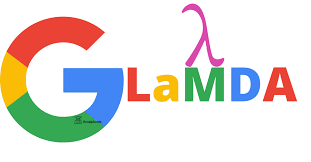
Why were they recognized?
Blake Lemoine, an engineer who was at Google for seven years, and was part of Google’s Responsible AI team, went to the Washington Post earlier this year with claims that one of company's AI projects had supposedly gained sentience. The AI in question was Google’s LaMDA — or Language Model for Dialogue Applications — which is similar to the now much more famous ChatGPT AI service. Lemoine appears to have passionately believed that LaMDA had attained sentience and was seriously questioning if the AI possessed a soul, based on his interaction with it. Lemoine was subsequently fired.







